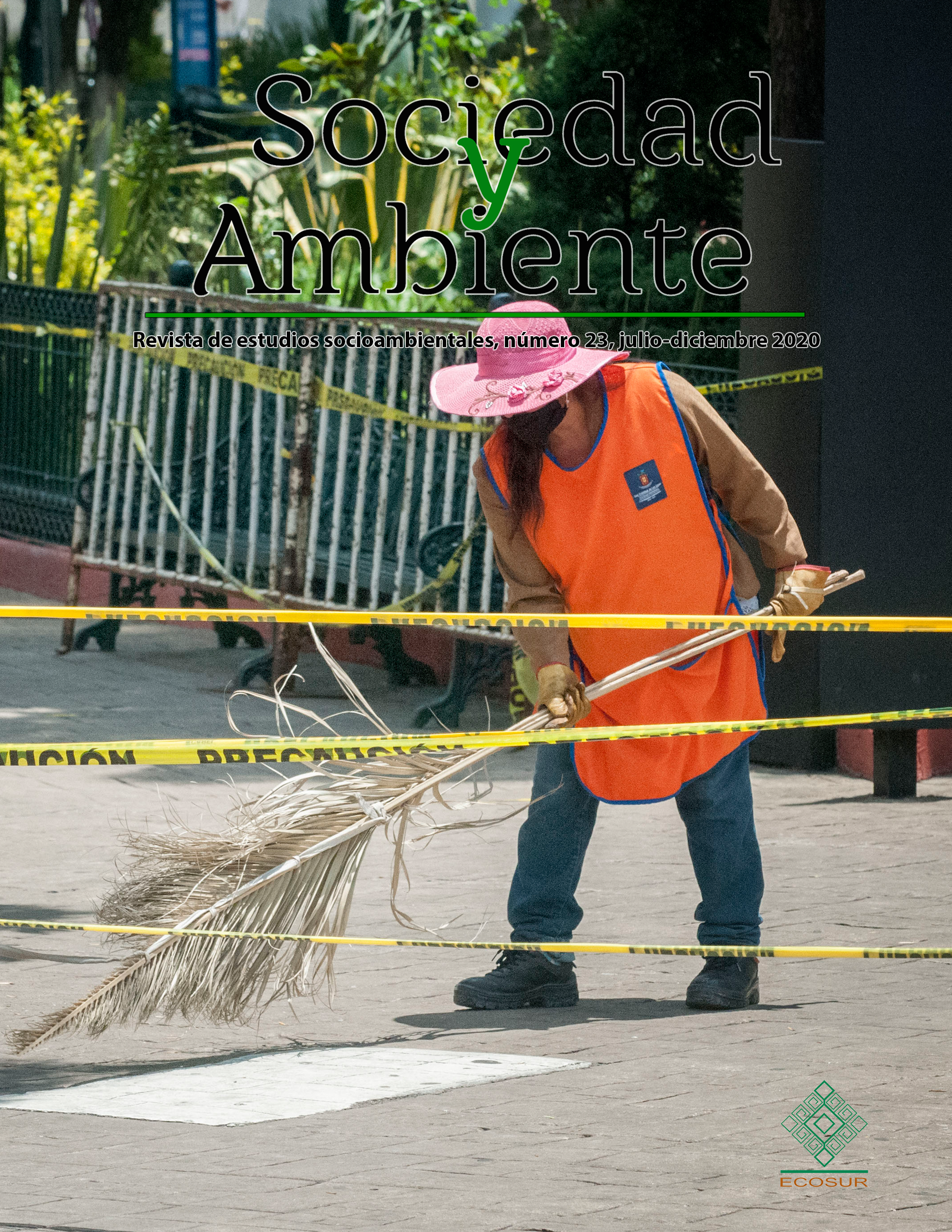Abstract
In this article, we examine how cities can be better managed to ensure their resilience to cope with adverse events. We specifically analyze the network of relationships between organizations involved in the management of crises derived from volcanic phenomena (risk reduction, management and recovery). We study the case of Bariloche, Argentina, a city with high vulnerability to various events (natural, economic, health, etc.) and undertake an analysis of social networks. We found that in the volcanic emergency of 2011, due to the eruption of the Puyehue-Cordón Caulle volcanic complex, awareness, prevention and preparedness policies were ineffective. Coordination and communication problems existed between the official bodies, while coping strategies were more of a reflection of individual capacity for adaptation, than preexisting planning. More recently, the local government worked on the coordination of social and institutional actors to deal with natural phenomena and increase urban resilience, within a logic of polycentric governance and interconnected action between public, private and civil society organizations.

Sociedad y Ambiente by ECOSUR is licensed under a Creative Commons Reconocimiento-NoComercial-SinObraDerivada 2.5 México License


